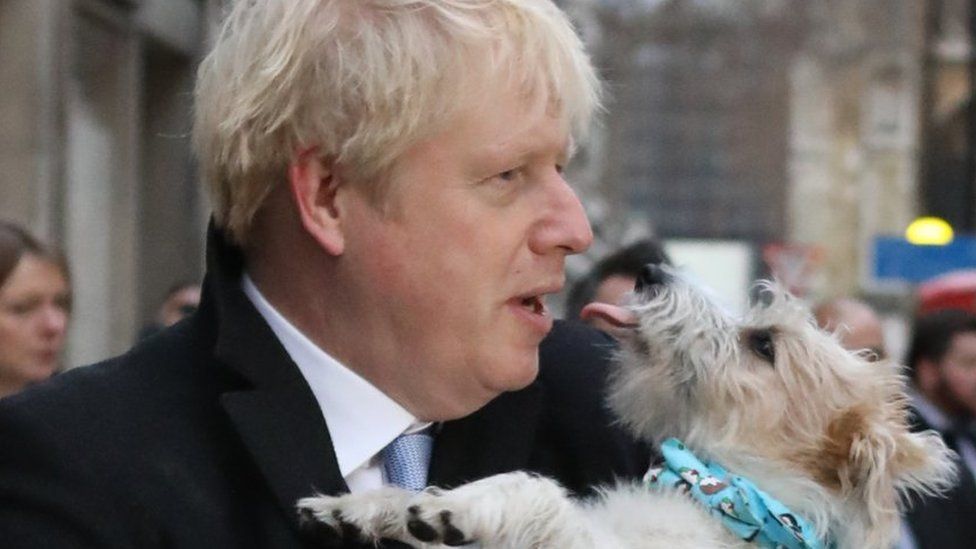
Chancellor Jeremy Hunt says he tackled a flea problem in Downing Street that Liz Truss had complained about in her new book.
The former prime minister revealed she “spent several weeks itching” when she moved into the number 11 flat in 2022.
She blamed her predecessor Boris Johnson’s dog, Dilyn, for causing the infestation.
Speaking in Washington DC, Mr Hunt said he ordered new carpets “at vast expense” when he moved in after her.
The chancellor was brought in by Ms Truss to steady the economy after the turbulence caused by her mini budget.
Number 10 is officially the residence of the prime minister but, because number 11 is more spacious, every prime minister since Tony Blair has opted for the bigger flat.
As chancellor, Rishi Sunak also lived in number 10, but broke with the new tradition by staying there when he became PM in 2022, so Mr Hunt moved into number 11.
In her book, Ms Truss said the flat was “infested with fleas” and “the entire place had to be sprayed with flea killer”.
Seeming to confirm her account, Mr Hunt said he had taken a more drastic, and expensive, approach.
“I actually live in the flat that Liz Truss lived in and Boris Johnson lived in before that,” he said. “She was only there for less than 50 days.
“I had a little bit longer, when I knew I was going to be moving in there, and I replaced all the carpets at my own expense – vast expense because it had to be a security-cleared company that did it.
“So I’m pleased to say that the Hunt family has not had the flea problem.”
At the Semafor World Economy Summit, Mr Hunt also defended Ms Truss’s desire as prime minister to slash taxes, but said “she went about it the wrong way”.
He said: “She said that the fundamental existential question for Western countries is how we get healthier growth rates in our economy. I agree with that.
“And she said that we need to bring down the tax burden, and from a European perspective, we look around the world and I think it is blindingly obvious that North America and Asian countries are growing faster, and they have a lighter tax burden.
“And I think that we need to move the UK back in the direction of a lighter tax burden. But she went about it the wrong way.”
The chancellor said “it is possible to cut taxes without increasing borrowing”, which he said was “the thing that spooked the markets” because “you couldn’t demonstrate where the money was coming from”.








